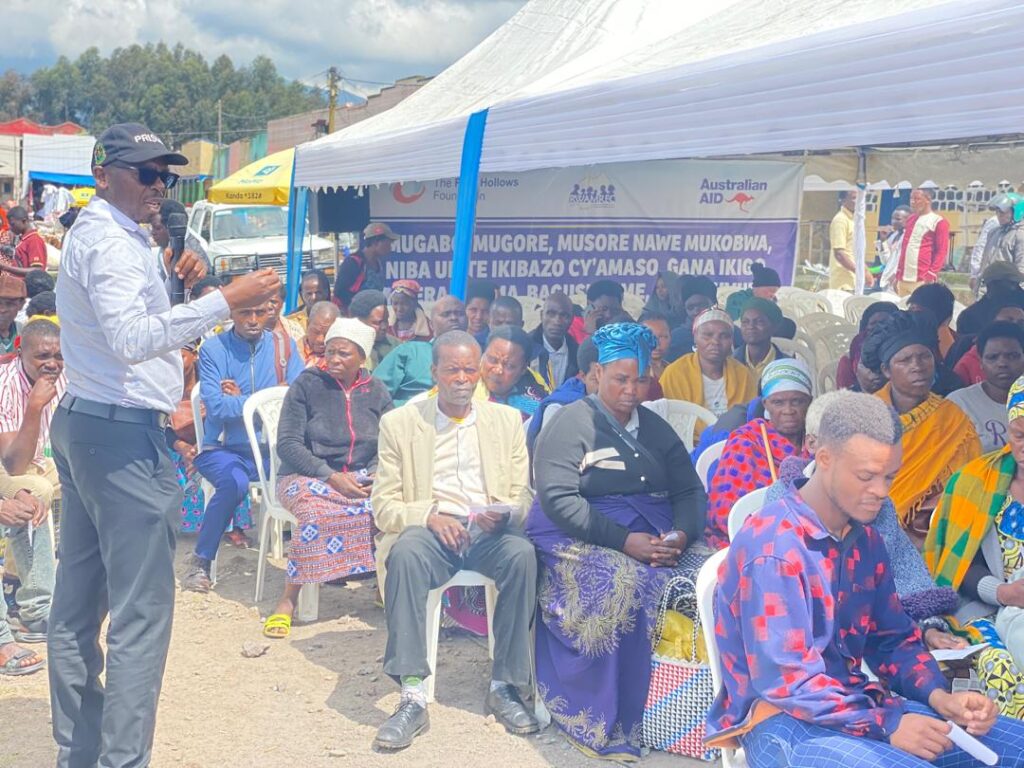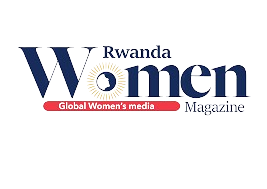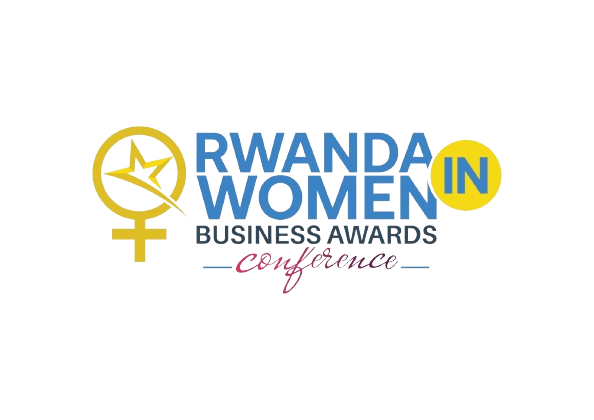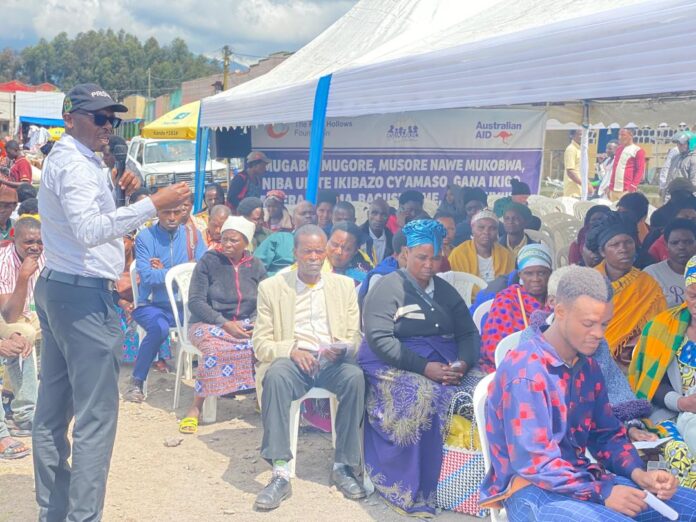
In Rwanda’s Musanze and Karongi Districts, efforts to improve eye health are being redefined, not just as a medical concern, but as an issue of equality, inclusion, and dignity. The Rwanda Men’s Resource Center (RWAMREC), with support from The Fred Hollows Foundation, is leading a community-driven initiative to ensure no one is left behind when it comes to accessing eye care services.
At the core of this initiative is the belief that lasting change begins when communities are engaged, informed, and empowered. Through the Health Systems Strengthening for Eye Health project, RWAMREC has mobilized Community Health Workers (CHWs) and members of MenEngage Clubs to serve as advocates for inclusive, gender-responsive health services. These trained local actors are working to shift attitudes, challenge stigma, and ensure eye health services reach all, especially older people, persons with disabilities, and underserved men and women.
In Musanze District, a five-day training in February 2025 brought together 599 community members, including 21 people with disabilities. Participants examined how gender norms can be barriers to seeking care and learned how to promote healthier, more supportive roles—encouraging men to be more involved in their families’ health decisions. In June 2025, Karongi District hosted a similar training, reaching 320 CHWs across six sectors. They were equipped to identify eye health issues during home visits, dispel myths about cataracts, and encourage early care-seeking, especially among vulnerable groups.
Beyond training, RWAMREC facilitated public engagement activities across both districts. Community dialogues addressed harmful beliefs around disability and blindness, while educational sessions with health center staff and local leaders emphasized early screening and timely treatment. Radio broadcasts and community meetings helped amplify inclusive messages and reach those who might otherwise be missed.
What makes RWAMREC’s approach unique is its deep commitment to practical inclusion. Training used participatory methods like storytelling, role-plays, and guided discussions, fostering openness and reflection. Participants were encouraged to question long-held beliefs, share personal experiences, and explore new ways of thinking. This respectful and interactive learning space helped spark meaningful, personal transformation.
The impact is already visible. More community members now understand the importance of eye health and are seeking care earlier. Men are increasingly supporting their families’ health needs, and persons with disabilities are participating more actively in community life. Referrals for cataract treatment have gone up, and damaging stereotypes are being replaced with empathy and awareness.
RWAMREC’s work in Musanze and Karongi highlights that improving health outcomes is not only about services but about building inclusive communities where everyone feels seen and supported. It’s a powerful reminder that sustainable change starts at the grassroots—through dialogue, partnership, and one inclusive step at a time.



